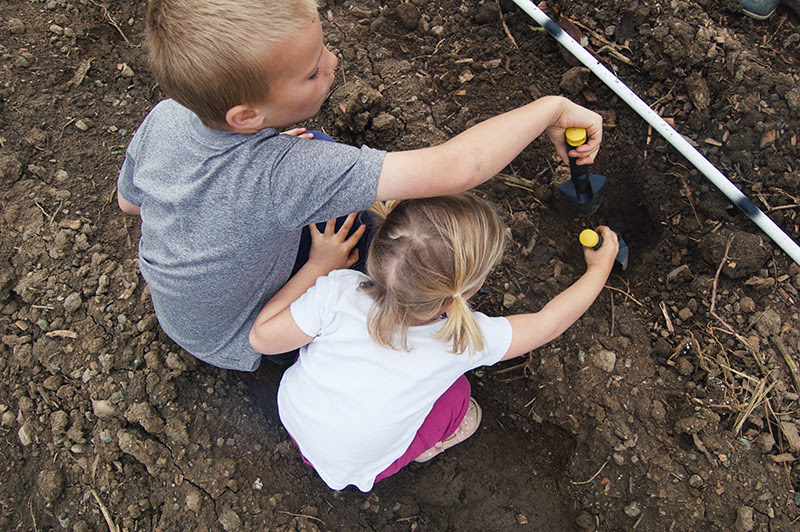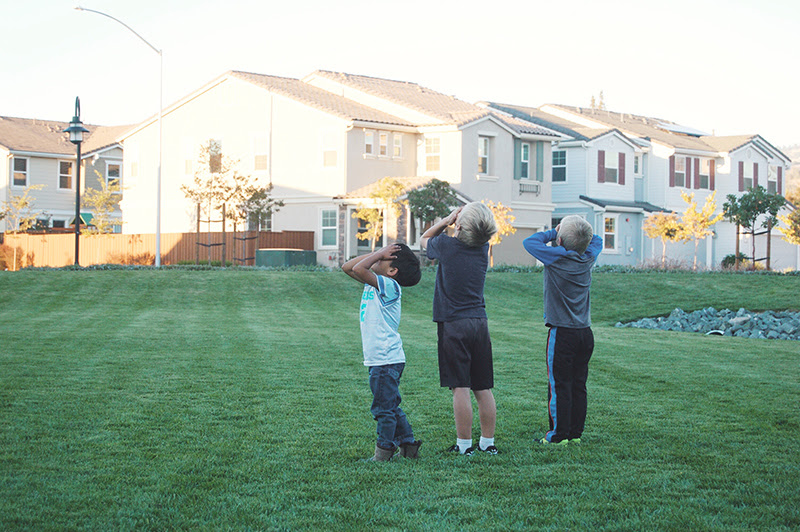What are your thoughts when it comes to a dad who can cook, clean and change diapers?
The society has long perceived that changing diapers or parenting roles at home are too feminine for man and will make a man appears less “manly”. But it is time for us to end the gender stereotypes about parenting!
Multiple studies have shown that men who share parenting roles with their partners do not just appear more attractive to women but will benefit their kids in many ways!
Watch this video now for all the benefits your kids are getting when you share parenting roles with your partner.
Do you share parenting roles with your partner? Comment below to share with us!












